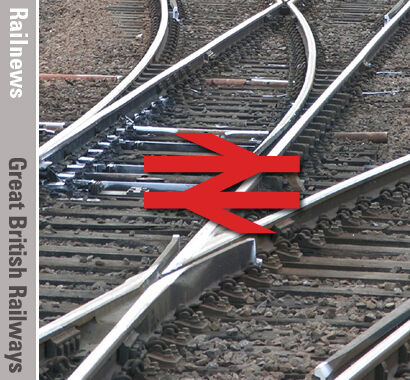Updated 14.00
One of the Bills mentioned in the King’s Speech is receiving its First Reading in the Commons today, but the Government seems likely to miss the first deadline for taking operators back into public ownership, just over eight weeks from now.
The Passenger Railway Services (Public Ownership) Bill provides for passenger operators to be transferred to the public sector by default instead of being re-offered as contracts to the private sector.
There are ten passenger operators still in the private sector, and the government intends to renationalise each one when the contract expires or reaches a ‘break point’. It has also warned that it could terminate agreements early if there is a breach of contract.
The passenger contracts let by the last government are due to expire on various dates between this year and 2027, and the first two come up on 15 September.
Both Greater Anglia, which is owned by UK Transport Group and Mitsui, and West Midlands Trains, owned by UK Transport Group Limited and JREM Train, reach their ‘core expiry dates’ then, when the contracts can be terminated.
But the change in the law needed to return the operators to public control by taking advantage of these ‘break points’ is unlikely to be achieved before next year.
Transport secretary Louise Haigh told PA today: ‘We need the first piece of legislation on the books and we are aiming for Royal Assent certainly by the end of the year, and then we can issue the first contracts three months after that. So early next year.’
The more complicated Railways Bill, which establishes Great British Railways, will need more Parliamentary time.
The next two contracts to expire will be Chiltern Railways and Govia Thameslink Railway, on 1 April next year.
(The database of contracts on Railnews Business has been updated since the King’s Speech to include all forthcoming expiry dates, as shown in the contract documents.)


